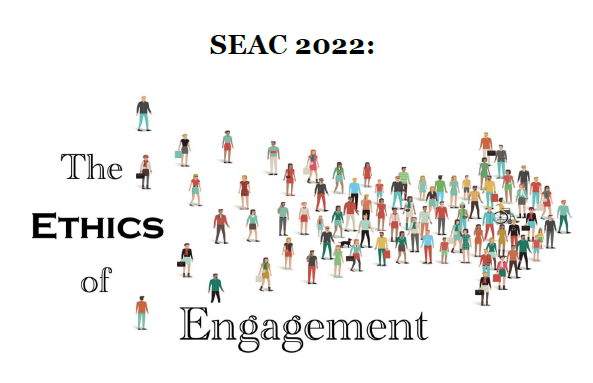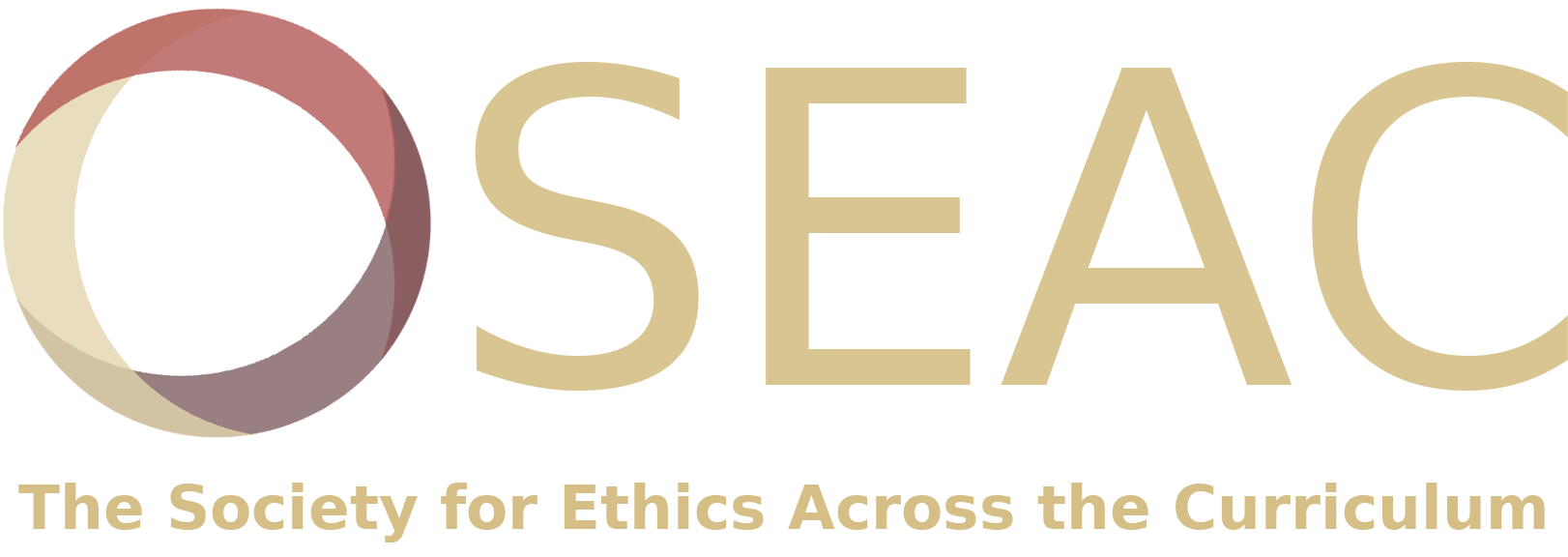
Concurrent Session 1D
Location
Ford Ballroom D, The Inn at Ole Miss
Start Date
6-10-2022 11:00 AM
End Date
6-10-2022 12:15 PM
Description
- Teaching ‘Engineering Ethics’ to Undergraduate Engineering Students: An Indian Perspective / Satya Sundar Sethy, Indian Institute of Technology Madras (Chennai)
Ethical concerns about engineering education are a contemporary phenomenon. Engineering Ethics, as an academic subject for engineering curriculum, has been a debatable issue concerning its curriculum design, instructional design, assessment and evaluation practices and engineering council policy across the globe. ‘Engineering Ethics’ course is taught to undergraduate engineering students in many institutions and countries. But the challenge still lies with attaining the course objectives, preparing ethical and professional engineers to meet societal expectations, and assisting future engineers in designing humane technology for the benefit of people. In this background, the paper aims to discuss the Engineering Ethics course's curriculum design, instructional design, assessment and evaluation practices adopted in a premier engineering institute in India. It elucidates the methods and approaches used to take care of the large class. It highlights the strategies followed to engage students in the course contents learning and active participation in the classroom discussion. Further, it describes the methods of collecting students' feedback about the course for the betterment of teaching and learning, preparing for future ethical and professional engineers, and thereby meeting societal expectations to a large extent. - Ethical Discussions in Bioarchaeology: Genetic Data at Chaco Canyon / Nikki Wilcox, University of Mississippi
Biological archaeologists are taught to value science and the scientific method in their research. In recent years, there has been much controversy regarding how human remains are stored, handled, and studied. Analysis, particularly destructive analysis, on skeletal remains has been conducted without consent under the pretense of obtaining priceless knowledge. Now, there is a growing awareness that the western scientific pursuit should not be the standard in all situations. Western scientists claim that they are objective knowledge collectors; however, science is neither objective, global, nor universal. Knowledge creation is loaded with political meaning. All aspects of research, from the hypothesis to the final published paper, are impacted by an individual's lived experience. Therefore, research should not be solely based on the western scientists agenda. Biological archaeologists have moral and ethical obligations to respect human remains in curation and analysis and to the communities whose ancestors they study. A case study of the use of genetic data in Chaco Canyon shows how problematic 'objective' science is and highlights ethical considerations in anthropology.
Session Chair: Dakota Layton, Independent Scholar
Relational Format
conference proceeding
Recommended Citation
Sethy, Satya Sundar; Wilcox, Nikki; and Layton, Dakota, "Concurrent Session 1D" (2022). Society for Ethics Across the Curriculum Conference. 6.
https://egrove.olemiss.edu/seac/2022/schedule/6
COinS
Oct 6th, 11:00 AM
Oct 6th, 12:15 PM
Concurrent Session 1D
Ford Ballroom D, The Inn at Ole Miss
- Teaching ‘Engineering Ethics’ to Undergraduate Engineering Students: An Indian Perspective / Satya Sundar Sethy, Indian Institute of Technology Madras (Chennai)
Ethical concerns about engineering education are a contemporary phenomenon. Engineering Ethics, as an academic subject for engineering curriculum, has been a debatable issue concerning its curriculum design, instructional design, assessment and evaluation practices and engineering council policy across the globe. ‘Engineering Ethics’ course is taught to undergraduate engineering students in many institutions and countries. But the challenge still lies with attaining the course objectives, preparing ethical and professional engineers to meet societal expectations, and assisting future engineers in designing humane technology for the benefit of people. In this background, the paper aims to discuss the Engineering Ethics course's curriculum design, instructional design, assessment and evaluation practices adopted in a premier engineering institute in India. It elucidates the methods and approaches used to take care of the large class. It highlights the strategies followed to engage students in the course contents learning and active participation in the classroom discussion. Further, it describes the methods of collecting students' feedback about the course for the betterment of teaching and learning, preparing for future ethical and professional engineers, and thereby meeting societal expectations to a large extent. - Ethical Discussions in Bioarchaeology: Genetic Data at Chaco Canyon / Nikki Wilcox, University of Mississippi
Biological archaeologists are taught to value science and the scientific method in their research. In recent years, there has been much controversy regarding how human remains are stored, handled, and studied. Analysis, particularly destructive analysis, on skeletal remains has been conducted without consent under the pretense of obtaining priceless knowledge. Now, there is a growing awareness that the western scientific pursuit should not be the standard in all situations. Western scientists claim that they are objective knowledge collectors; however, science is neither objective, global, nor universal. Knowledge creation is loaded with political meaning. All aspects of research, from the hypothesis to the final published paper, are impacted by an individual's lived experience. Therefore, research should not be solely based on the western scientists agenda. Biological archaeologists have moral and ethical obligations to respect human remains in curation and analysis and to the communities whose ancestors they study. A case study of the use of genetic data in Chaco Canyon shows how problematic 'objective' science is and highlights ethical considerations in anthropology.
Session Chair: Dakota Layton, Independent Scholar


